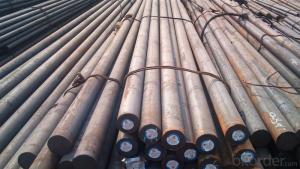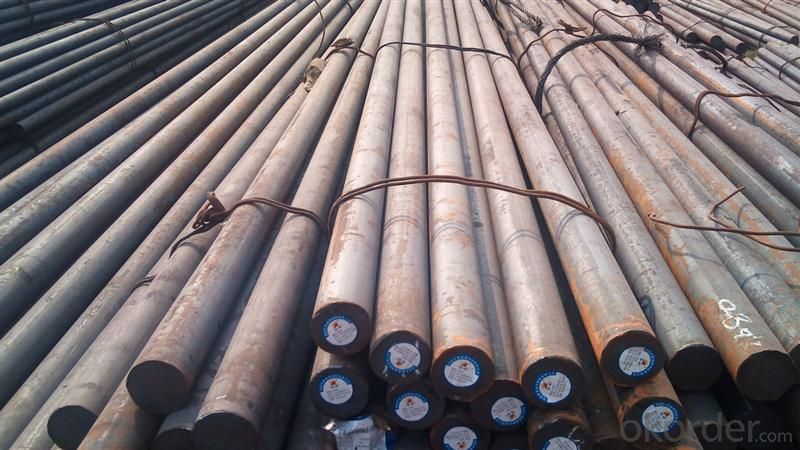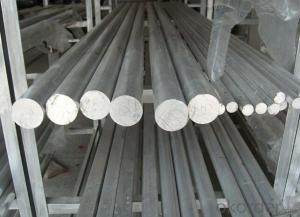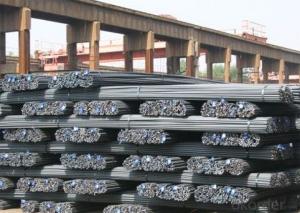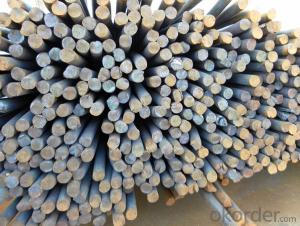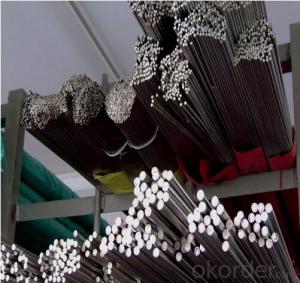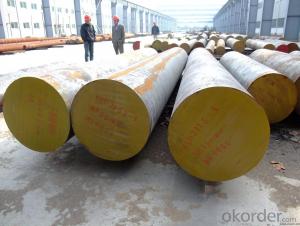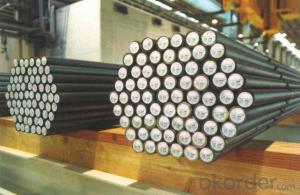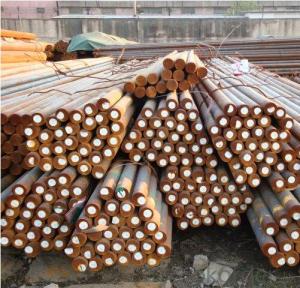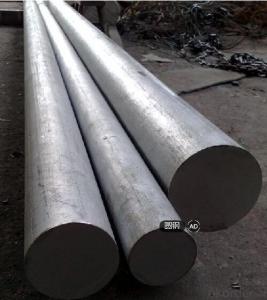Special Steel Cr12MoV, SKD11, D2,D3, 1.2379 Round Bars
- Loading Port:
- China main port
- Payment Terms:
- TT OR LC
- Min Order Qty:
- 30 m.t.
- Supply Capability:
- 10000 m.t./month
OKorder Service Pledge
OKorder Financial Service
You Might Also Like
Specification
Specification :
Size | round | Dia 18mm~220mm |
flat | Thickness 6mm-400mm | |
Width 60mm-610mm | ||
Technique | Cold Drawn/Cold Pilfered/Cold Rolled/Hot Rolled/forge- | |
Process | EAF+LF+VD+ Forged/Hot rolled + Heat Treatment (Annealed,A Normalized, Q+T) | |
Heat treatment | Normalized ; Annealed ; Quenched ; tempered | |
Surface Condition | Black surface ; Grinded ; Machined;Turned | |
Inspection | 100% Ultrasonic according to the test standards:SEP1921-84,CLASS C/c or D/d | |
Payment Terms | T/T;L/C | |
Trade Terms | FOB;CIF,CFR | |
Packing | Standard seaworthy packing or as customer required | |
Application | various large-sized mirror plastic mould, precision plastic mould, like: cars accessies, home appliances, electronic equipment plastic mould | |
Product show
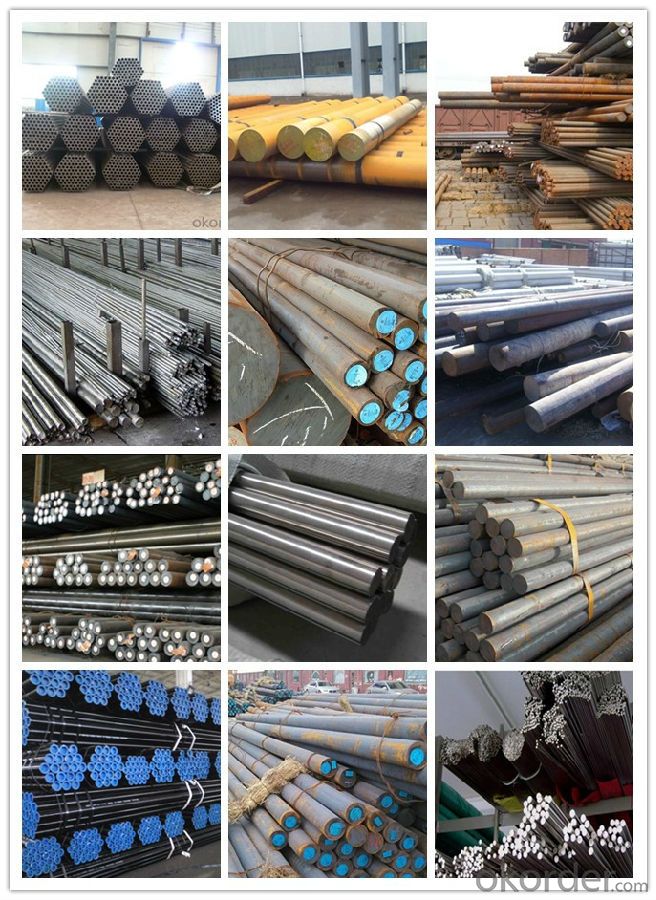
Workshop show
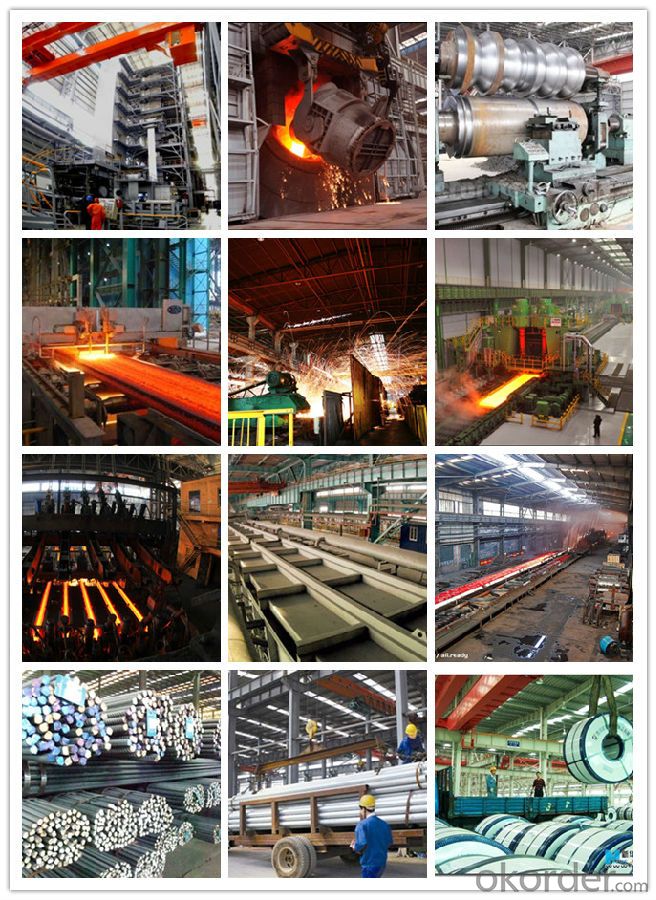
Shipping
1. FedEx/DHL/UPS/TNT for samples, Door-to-Door;
2. By Air or by Sea for batch goods, for FCL; Airport/ Port receiving;
3. Customers specifying freight forwarders or negotiable shipping methods!
Delivery Time: 3-7 days for samples; 5-25 days for batch goods.
Payment Terms
1.Payment: T/T, L/C, Western Union, MoneyGram,PayPal; 30% deposits; 70% balance before delivery.
2.MOQ: 1pcs
3.Warranty : 3 years
4.Package Informations: 1) EXPORT, In 20 feet (GW 25 ton) or 40 feet Container (GW 25 ton)
2)as customer's requirement
Why choose us?
(1) The leading exporter in China special steel industry.
(2) Large stocks for various sizes, fast delivery date.
(3) Good business relationship with China famous factories.
(4) More than 7 years steel exporting experience.
(5) Good after-sales service guarantee.
- Q: What are the different forging techniques used for special steel?
- Some of the different forging techniques used for special steel include open die forging, closed die forging, and ring rolling. Open die forging involves shaping the steel by hammering it between flat dies or anvils. Closed die forging, also known as impression die forging, utilizes dies that contain specific shapes to mold the steel into the desired form. Ring rolling is a technique used to produce seamless rings by shaping the steel through a combination of axial compression and radial expansion. These forging techniques allow for the production of high-quality and complex special steel components with desired properties and shapes.
- Q: How is case-hardening steel used in the production of gears and shafts?
- Case-hardening steel is used in the production of gears and shafts to enhance their surface hardness and wear resistance. By subjecting the steel to a specialized heat treatment process, such as carburizing, the outer layer of the metal becomes hardened, while the core remains tough and durable. This case-hardening process ensures that the gears and shafts can withstand the high stresses and loads they experience during operation, resulting in improved performance and longevity.
- Q: What are the applications of special steel in the nuclear supply chain?
- Special steel has various applications in the nuclear supply chain due to its unique properties. It is commonly used in the construction of reactor vessels, steam generators, and fuel assemblies. Special steel is chosen for these applications because of its high strength, corrosion resistance, and ability to withstand extreme conditions such as high temperatures and radiation exposure. Additionally, special steel is used in the production of nuclear fuel, as it ensures the safe containment and transportation of radioactive materials. Overall, the use of special steel in the nuclear supply chain is crucial for the safe and efficient operation of nuclear power plants.
- Q: How does special steel contribute to the aerospace safety?
- Special steel contributes to aerospace safety in several ways. Firstly, special steel alloys such as titanium and stainless steel are used in the construction of critical components like landing gear, engine parts, and structural elements. These alloys offer high strength-to-weight ratios, corrosion resistance, and excellent heat resistance, ensuring the durability and reliability of aerospace structures. Moreover, special steel plays a crucial role in manufacturing precision instruments and tools used in aerospace maintenance and repair. These tools are essential for maintaining the safety and functionality of aircraft, ensuring accurate measurements, and facilitating effective repairs. Furthermore, special steel is utilized in the production of safety-critical fasteners, such as bolts and screws, which hold various aircraft components together. These fasteners need to withstand extreme forces and vibrations during flight, and special steel materials provide the necessary strength and durability to ensure their reliability. Overall, the use of special steel in aerospace applications enhances the safety of aircraft by providing robust and reliable materials for construction, maintenance, and repair, ultimately contributing to the overall integrity and performance of aerospace systems.
- Q: What are the different surface cleaning methods for special steel?
- There are several surface cleaning methods for special steel, including mechanical cleaning, chemical cleaning, and electrochemical cleaning. Mechanical cleaning involves using abrasive materials or tools to physically remove dirt, rust, or other contaminants from the steel's surface. Chemical cleaning involves using specialized cleaning agents or solvents to dissolve and remove any unwanted substances. Electrochemical cleaning utilizes an electric current and specific electrolytes to remove dirt and corrosion from the steel's surface. Each method has its advantages and is chosen based on the specific requirements and condition of the special steel.
- Q: What are the properties of weathering steel?
- Weathering steel, also known as corten steel, possesses several distinctive properties. It exhibits high resistance to corrosion, making it suitable for outdoor structures without the need for protective coatings. Its unique composition allows for the formation of a stable rust-like appearance, providing an aesthetically pleasing and natural finish. Moreover, weathering steel has excellent strength and durability, making it ideal for various applications, including bridges, buildings, and architectural elements.
- Q: What are the common challenges in heat treatment of special steel?
- Some common challenges in the heat treatment of special steel include achieving uniform heating and cooling rates, managing distortion and warping, controlling grain growth, and avoiding the formation of undesirable phases or microstructures. Additionally, maintaining tight temperature tolerances, ensuring proper heat transfer within the material, and minimizing the risk of cracking or other forms of damage are also key challenges in the heat treatment process.
- Q: How is special steel used in the automotive industry?
- Special steel is used in the automotive industry for various applications such as manufacturing engine components, transmission parts, suspension systems, and safety features. It provides high strength, durability, and resistance to wear and corrosion, enabling vehicles to perform better and ensuring safety standards are met.
- Q: How does special steel perform in high-stress applications?
- Special steel performs exceptionally well in high-stress applications. Its unique composition and properties, such as high strength, toughness, and resistance to wear and corrosion, enable it to withstand extreme conditions and heavy loads without compromising its structural integrity. This makes special steel an ideal choice for demanding industries like aerospace, automotive, and construction, where durability and reliability are crucial.
- Q: What are the requirements for special steel used in textile machinery?
- The requirements for special steel used in textile machinery include high strength and durability, excellent corrosion resistance, good wear resistance, and the ability to withstand high temperatures and pressures. Additionally, the steel should have good machinability and be able to maintain dimensional stability under various operating conditions.
Send your message to us
Special Steel Cr12MoV, SKD11, D2,D3, 1.2379 Round Bars
- Loading Port:
- China main port
- Payment Terms:
- TT OR LC
- Min Order Qty:
- 30 m.t.
- Supply Capability:
- 10000 m.t./month
OKorder Service Pledge
OKorder Financial Service
Similar products
Hot products
Hot Searches
Related keywords
